أيروجيني — مساعدك الذكي للطيران.
الرائج الآن
Categories
CFM Addresses Durability Issues in Initial Leap Engine Models
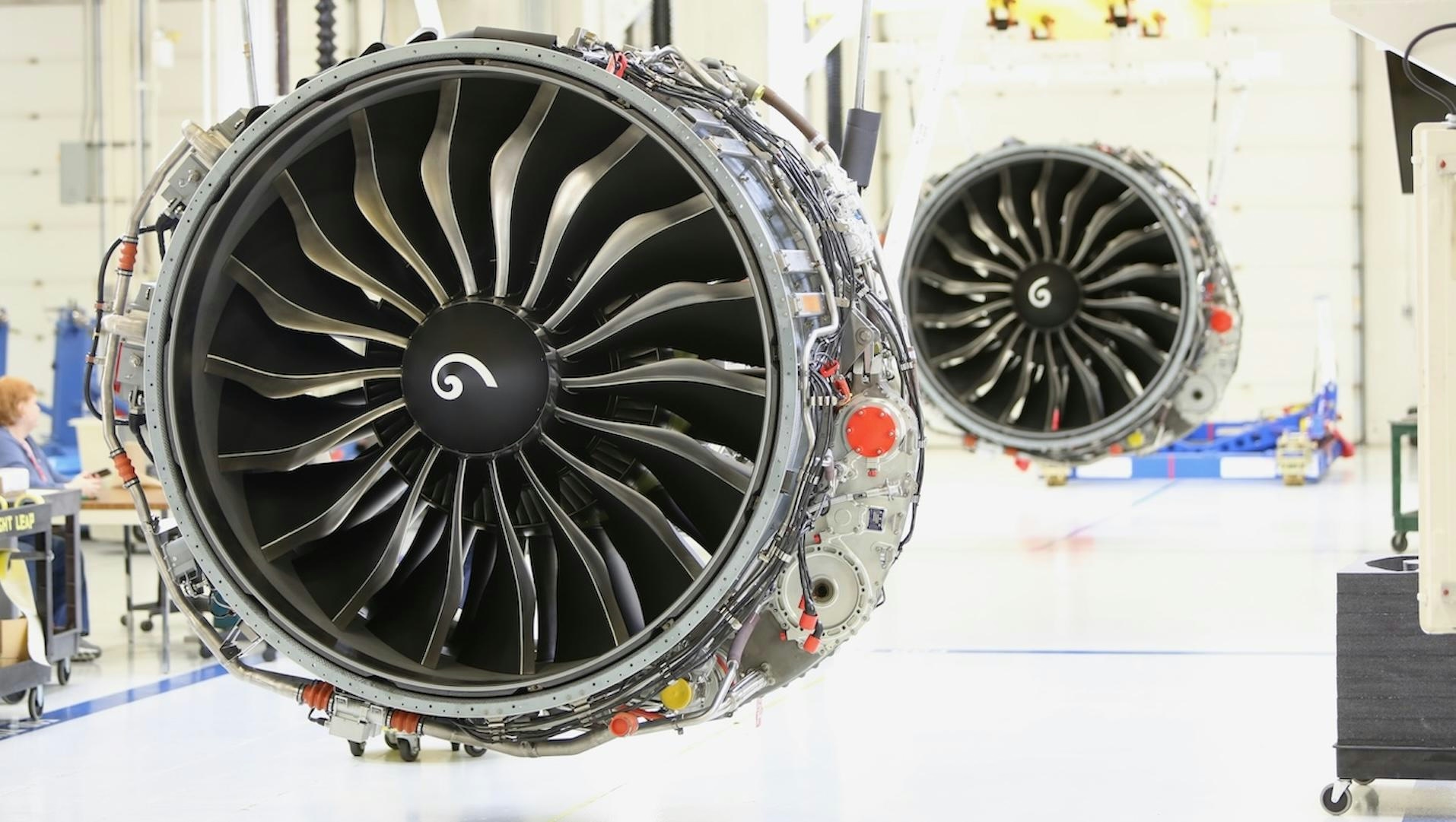
CFM Addresses Durability Issues in Initial Leap Engine Models
Ongoing Improvements and Certification Efforts
Safran Aircraft Engines has expressed confidence that the early durability challenges encountered with CFM International’s Leap-series engines will not persist in future iterations. Drawing on critical insights gained from current remedial measures, the company is implementing upgrades on Leap-1A engines, including the introduction of new high-pressure turbine (HPT) blades and a reverse-bleed system fix. These modifications are being deployed on Airbus A320neo-family aircraft, with approximately one-third of the Leap-1A fleet already updated.
In parallel, CFM is nearing the completion of certification for comparable durability enhancements on the Leap-1B engine, which powers the Boeing 737 Max. The Federal Aviation Administration (FAA) is expected to grant approval in the first half of 2026, facilitating the distribution of these improvements to operators. This timeline represents a delay from Safran’s earlier projection of certification within the current year.
Challenges in Harsh Operating Environments
The Leap engines, designed to deliver substantial fuel efficiency gains over their CFM56 predecessors, have encountered durability issues, particularly under severe operating conditions characterized by high temperatures and dusty environments. These conditions have led to premature wear of the HPT blades, resulting in increased maintenance requirements and reduced engine time-on-wing. Stephane Cueille, chief executive of Safran Aircraft Engines, attributed the rapid manifestation of these problems to the accelerated global adoption of the new-generation engines, which exposed them to demanding environments sooner than anticipated in previous programs.
The Leap engines operate at significantly higher temperatures to achieve improved efficiency. Despite extensive development testing, real-world operations revealed durability issues that were not fully replicated during trials. Cueille emphasized the importance of accurately simulating dust ingestion in testing protocols, noting at the Paris Air Show that “the devil is in the detail” when it comes to reflecting actual operating conditions. He underscored that these lessons are critical to the design of future engine generations.
Industry Response and Market Implications
These durability concerns have emerged amid increased regulatory scrutiny and market pressure on CFM to deliver reliable solutions. Potential delays in engine deliveries and heightened demand for durability enhancements have intensified competition within the sector. GE Aerospace, CFM’s joint venture partner, is advancing dust-ingestion testing for its GE9X engine and preparing a durability improvement kit for the Leap-1A, signaling a broader industry focus on enhancing engine reliability.
Supply chain disruptions and evolving durability challenges are reshaping the midlife aircraft engine market, with potential implications for CFM’s competitive position. In response, CFM is exploring new partnerships and service models to address maintenance demands. Notably, Turkish Technic is engaged in discussions with CFM to establish a Leap engine repair hub in Istanbul, reflecting adaptive strategies within the industry.
Cueille remains optimistic about the future, stating that new technologies are introducing novel phenomena that the company is now better equipped to address. He affirmed that these experiences will inform the design and testing of upcoming engine generations, aiming to achieve greater durability and reliability from the outset.
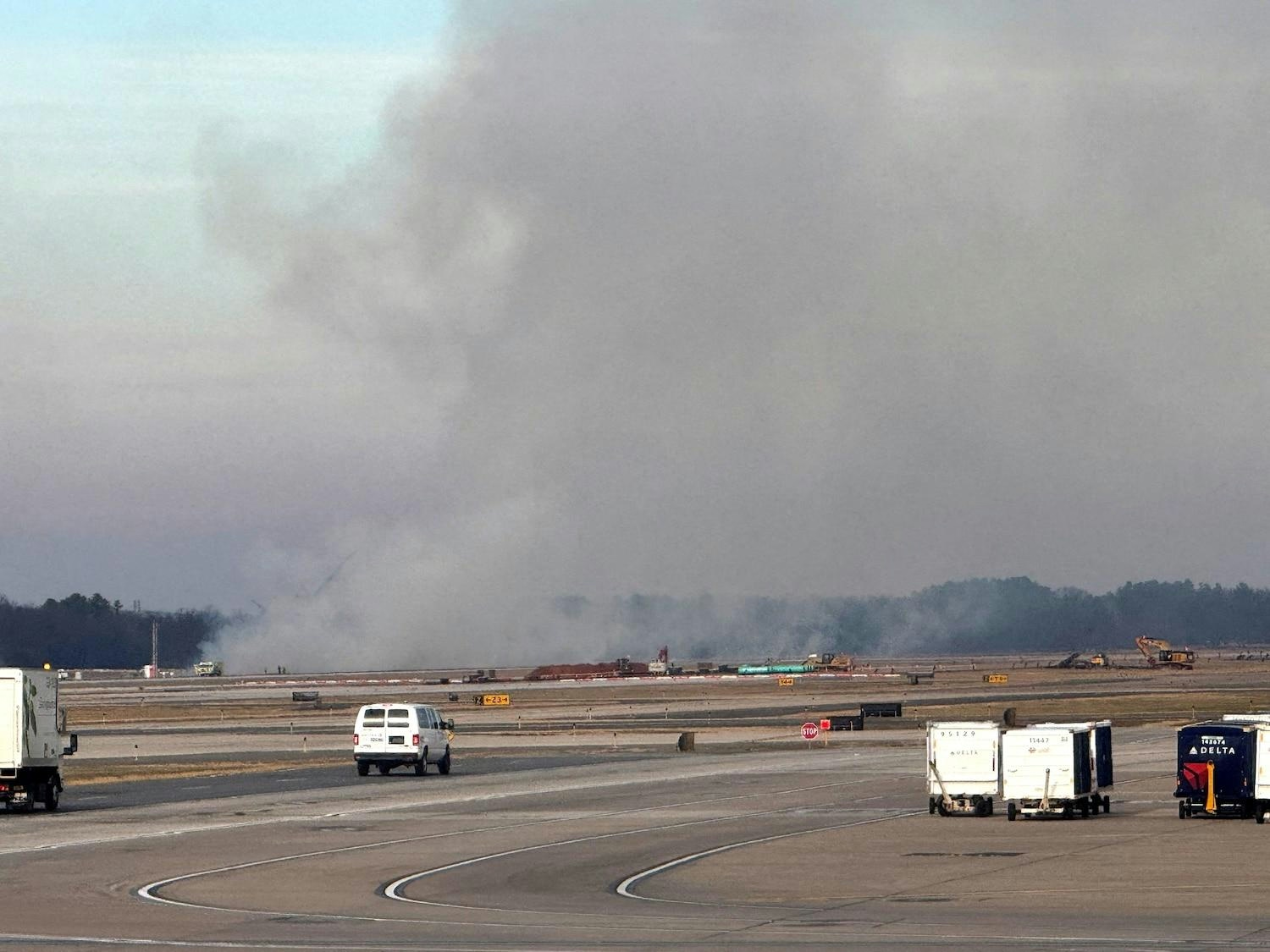
Delta Flight to Atlanta Suffers Engine Trouble, Sparks Grass Fire at Airport

PH Aerospace and MRO Exports Reach $603 Million, Says DTI
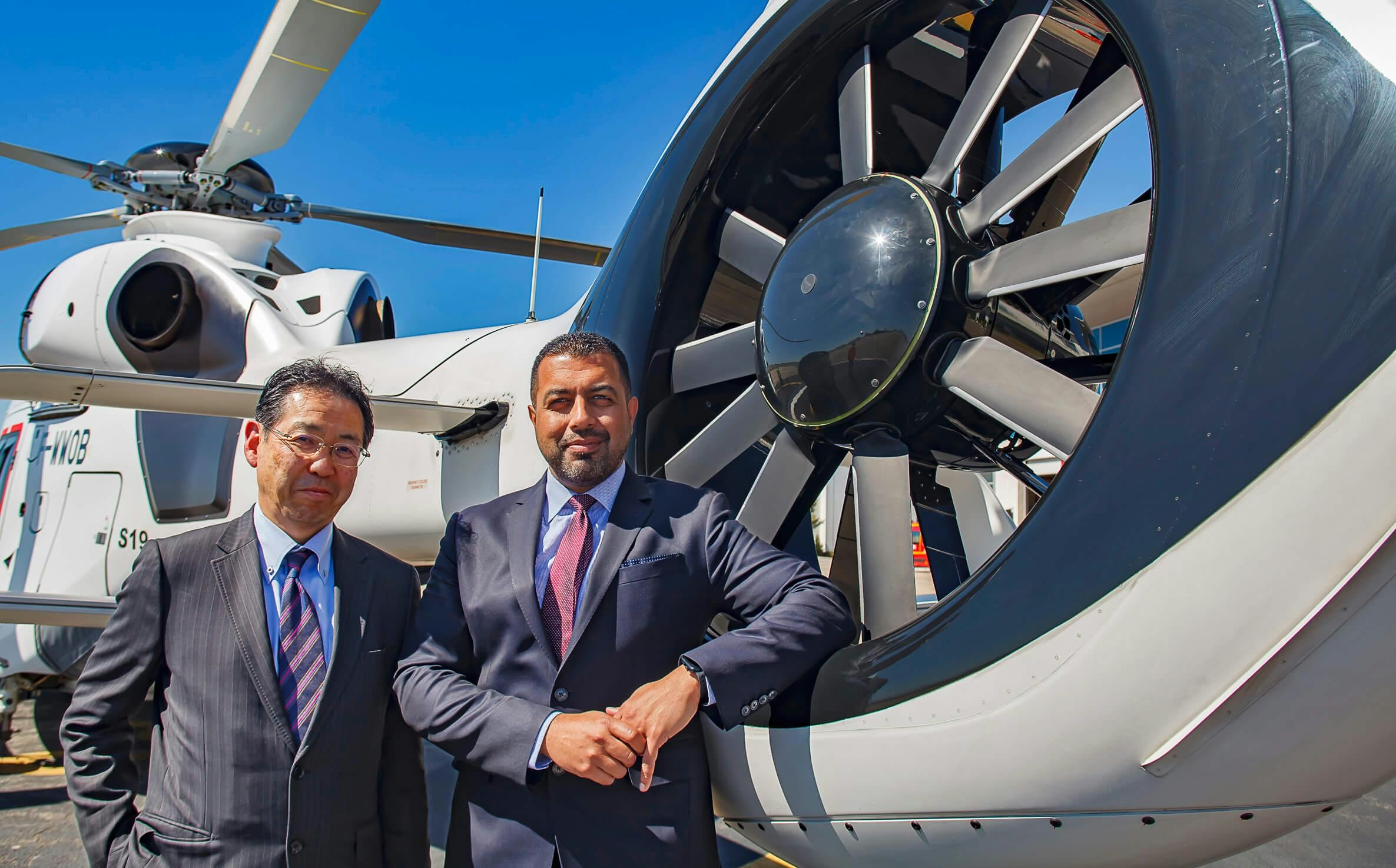
Dubai Aviation Nears Acquisition of Macquarie Aircraft Leasing Unit
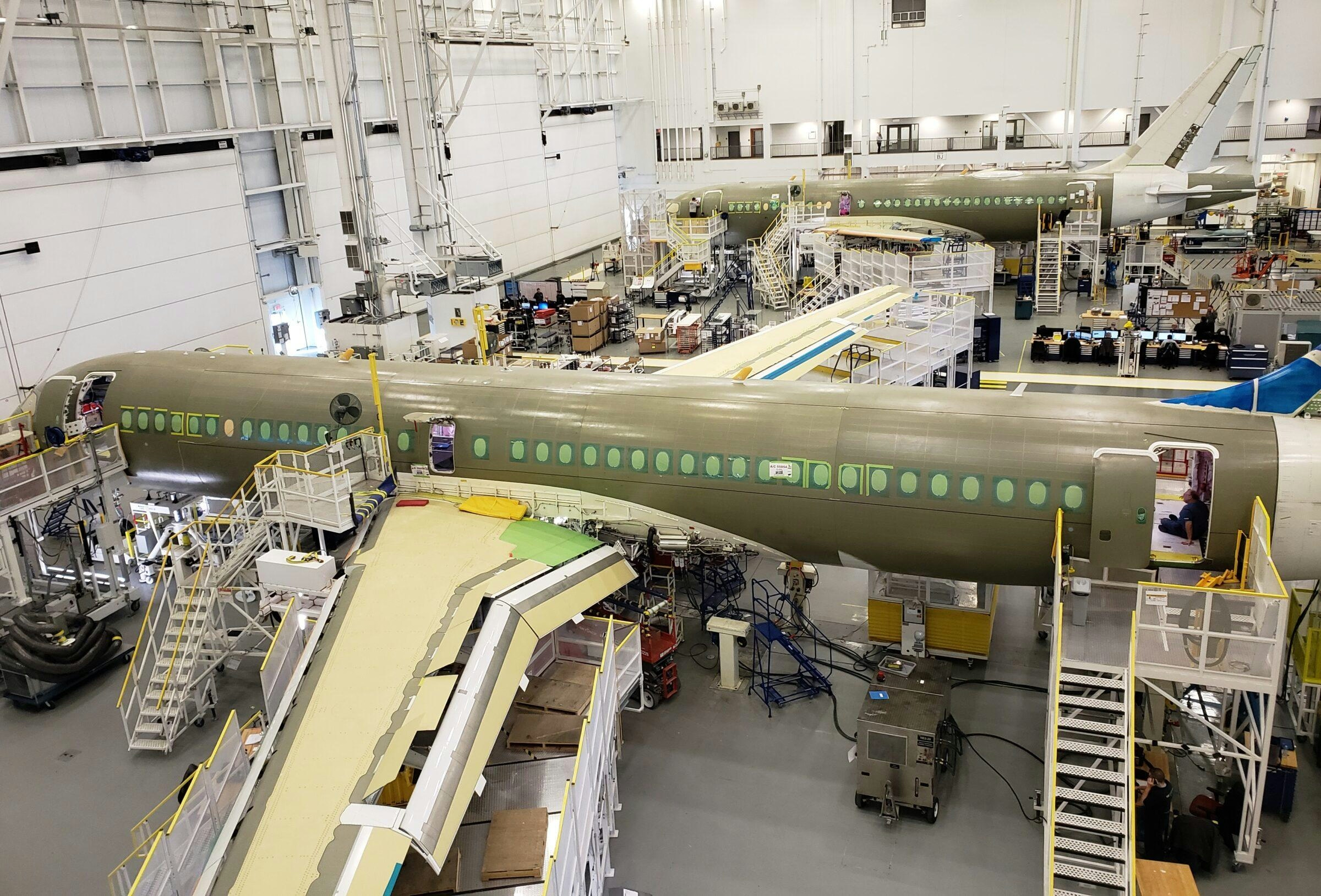
Airbus: Latest Developments and the Future of Aviation
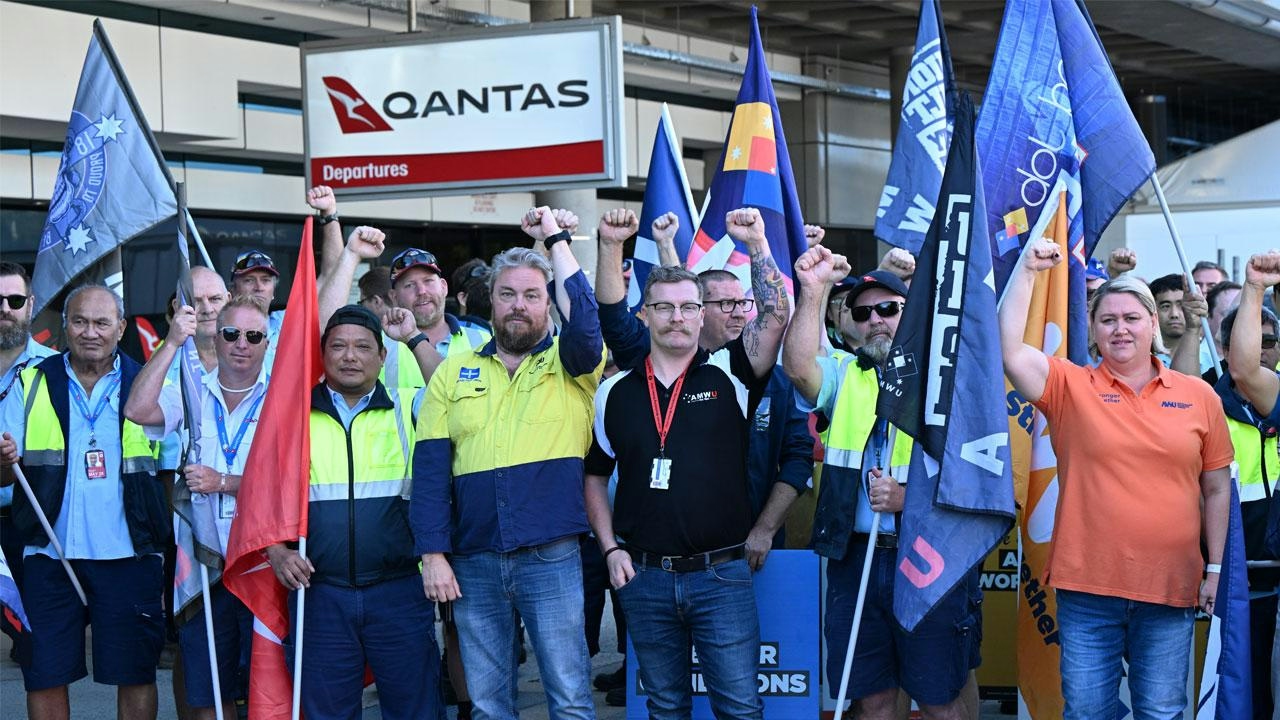
Qantas and Union Clash Over Job Security Amid AI Advances
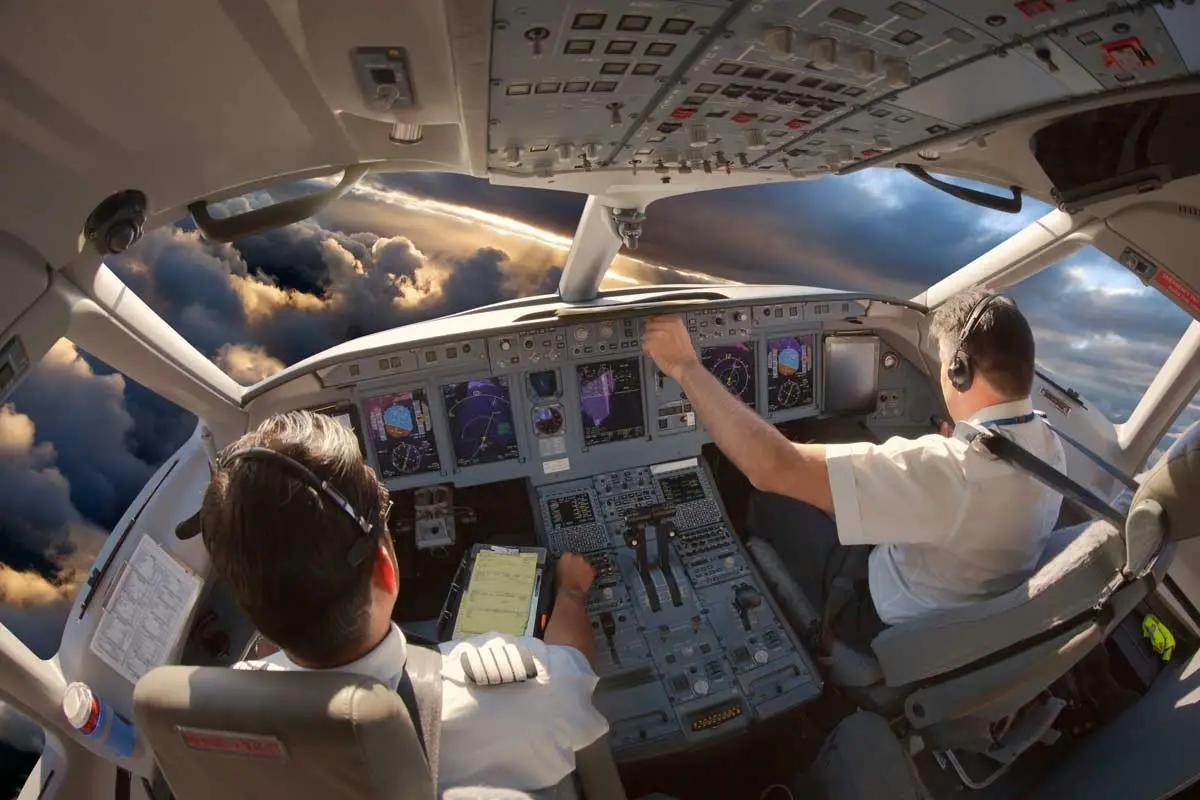
What Is the Salary of Widebody Pilots?
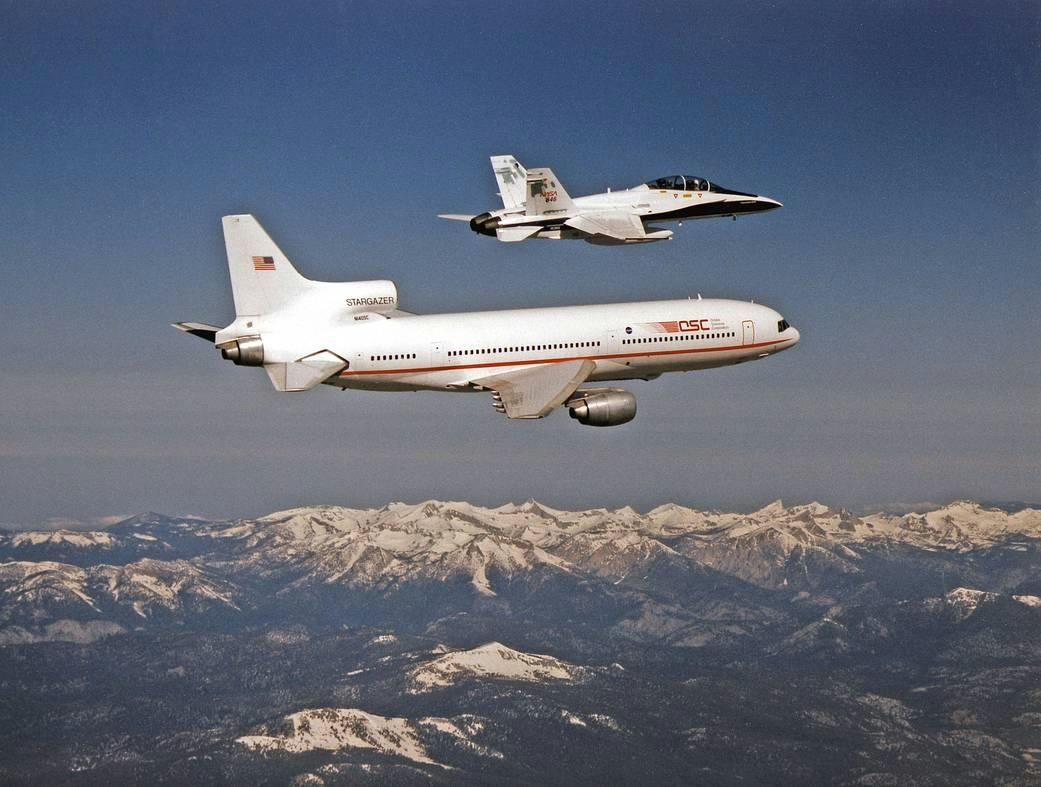
Challenges Faced by Lockheed in Designing the L-1011 TriStar
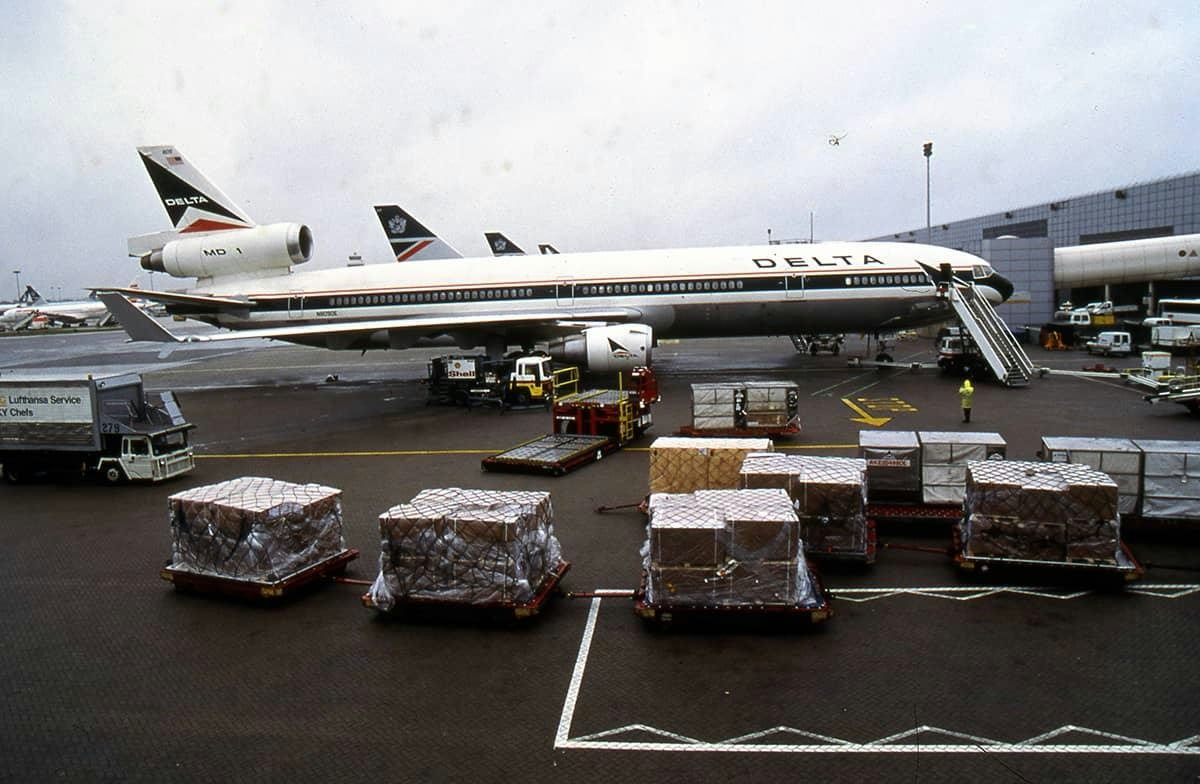
Seven Airlines That Previously Operated the McDonnell Douglas MD-11
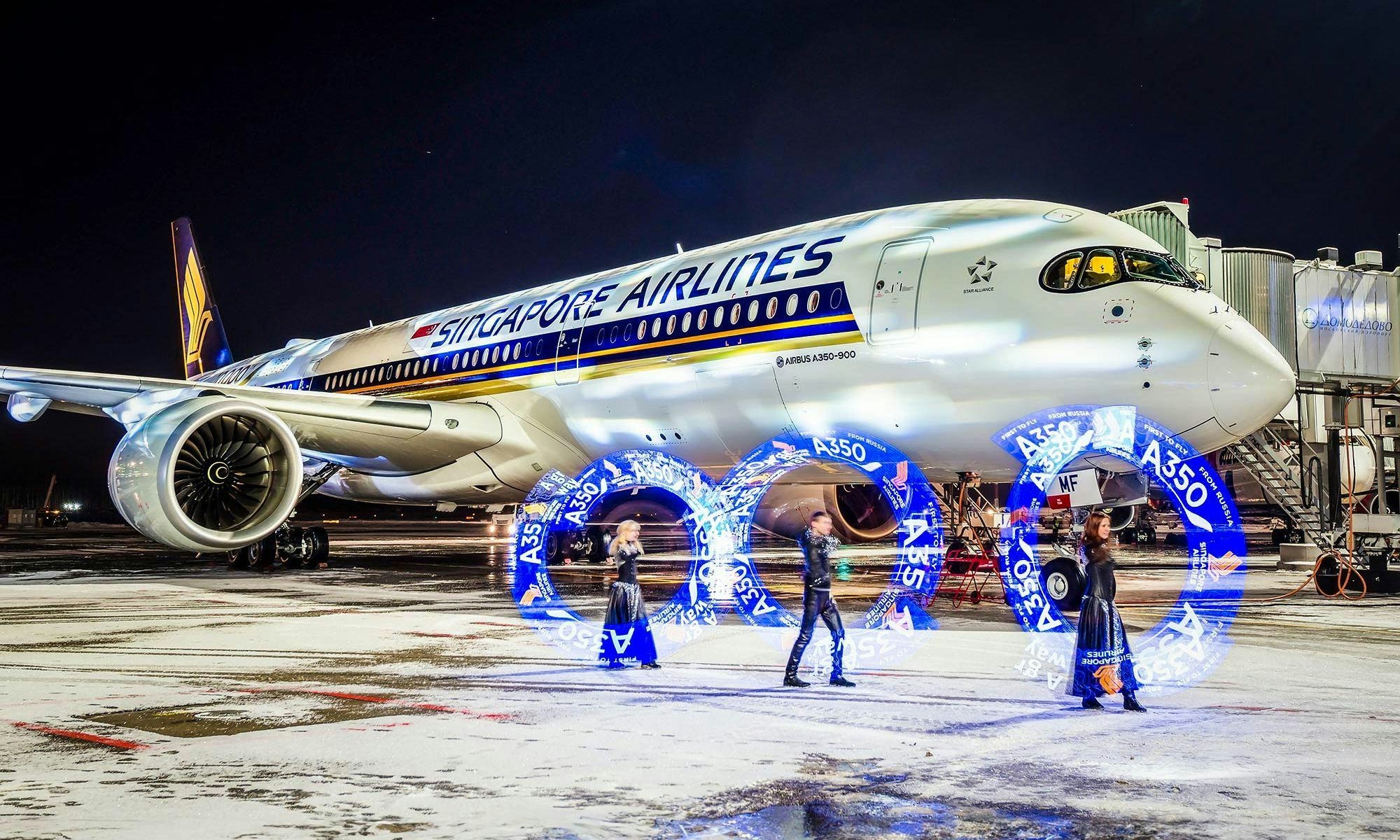
Factors Behind the Airbus A350’s Short Takeoff Distance

Archer Aviation Partners with NVIDIA to Advance Aviation AI Technology
